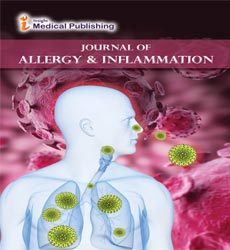Abstract
Malaria Preventive Behaviour among Rural Households in the North West Region of Cameroon
Introduction
Malaria remains a major threat to life in Cameroon and in the North West Region in particular. This threat is especially common in rural areas despite the fact that it is preventable and treatable. It is from the above count that this study examines the role of; Household income, Family Size, Gender and Age of household head, Educational level of the Household head, Knowledge on signs, symptoms and prevention of malaria among Households in the North West Region of Cameroon.
This study used data collected from 6341 households selected from ten health districts, with the highest malaria prevalence in the North West Region. Data were analyzed using ordered logit Regression. The findings of this study reveal the significant ability of; gender, age, marital status and educational attainments of household heads; household per capita income; household size; knowledge on malaria prevention/transmission, in predicting households’ malaria prevention seeking behaviors in the North West Region of Cameroon. There is also evidence of the knowledge gap on the signs, causes, and prevention of malaria.
Conclusion.
The study strongly recommends sensitization campaigns; creation of community-based malaria control committees; sponsored media programs; household empowerment programs and free distribution of Insecticide Treated Bed Nets, as ways of curbing the prevalence of malaria in the North West Region in particular and Cameroon in general
Author(s):
Nlinwe NO
Abstract | Full-Text | PDF
Share this

Google scholar citation report
Citations : 26
Archives of Inflammation received 26 citations as per google scholar report
Abstracted/Indexed in
- Google Scholar
Open Access Journals
- Aquaculture & Veterinary Science
- Chemistry & Chemical Sciences
- Clinical Sciences
- Engineering
- General Science
- Genetics & Molecular Biology
- Health Care & Nursing
- Immunology & Microbiology
- Materials Science
- Mathematics & Physics
- Medical Sciences
- Neurology & Psychiatry
- Oncology & Cancer Science
- Pharmaceutical Sciences
